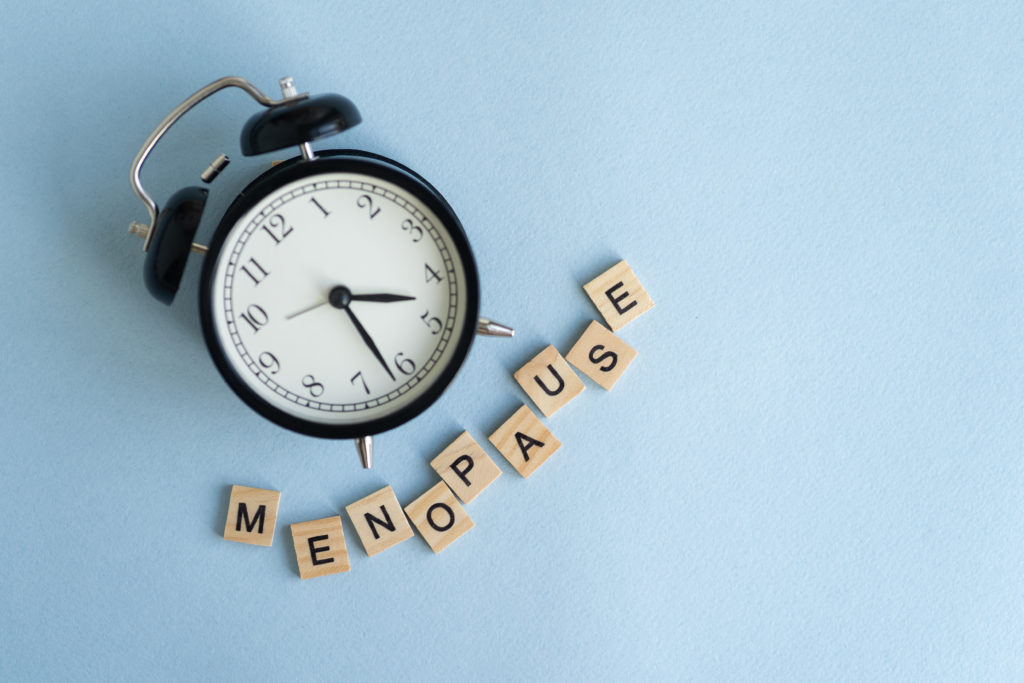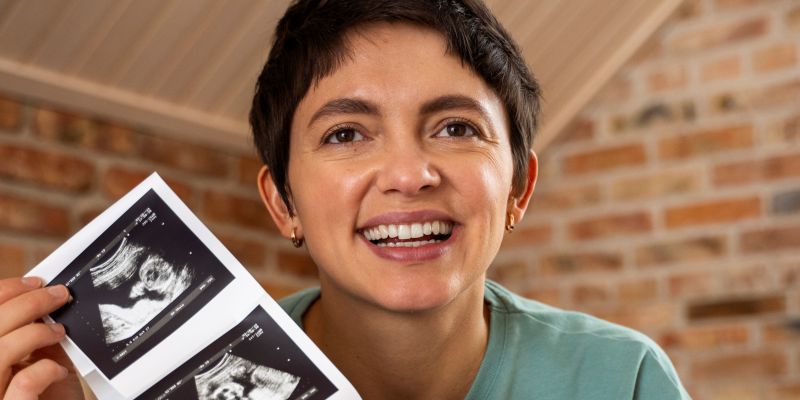
The dreaded, “M” is here! Fatigue. Hot Flashes. Body Ache.

Author: Dr. Payal R. Narang MBBS, DGO
Consultant - Obstetrician & Gynaecologist at Motherhood Hospitals, Lullanagar, Pune

As women reach their 40s and move on towards early 40s, most of them realise their levels of activity and energy is not at its peak. Coupled with this would be lack of interest, fatigue, body ache, hair fall and other niggling issues. They tend to feel they don’t have the kind of enthusiasm to do things like they did in the past - work, children, household chores etc. Talk to friends, elders the family doctor, they all have one thing to say, ‘You must be reaching menopause’. Now the questions begin. Will it get worse? What else would I have to endure? How long would it last? How much suffering would I have to bear? And so on…
Let’s dry to decipher the dreaded M that all women have to go through with some suffering and the lucky ones just about scraping through.

Typically, menopause occurs in three stages - perimenopause, menopause and postmenopause. Perimenopause is the time before menopause - it is the period when the body is approaching menopause which means the hormones are reducing and the menstrual cycles are becoming irregular. A woman would know she has reached menopause when she has skipped a period for 12 consecutive months.
Once you enter menopause, you could have a slew of symptoms for an average of 4 to 5 years which could usually reduce in intensity over time. There are a few women who could experience a menopause for up to 10 years too. The average age for menopause is 51 though it could vary in case of people from region to region across the world. About 1 percent of the women have a menopause before they are 40 which is referred to as premature menopause or primary ovarian insufficiency. Early menopause is when women undergo menopause between the ages of 40 and 45. When a lady begins menopause, depends on genetics and the health of her ovaries. Many women begin perimenopause and enter menopause quite quickly.
Symptoms of Menopause
Each woman will have a different menopause experience. Some will have severe symptoms particularly if menopause occurs over a shorter period of time. Factors like health of the ovaries, surgeries like hysterectomy or lifestyle habits like smoking could aggravate the symptoms.
Apart from variations in menstruation, the symptoms of perimenopause, menopause and postmenopause are more or less similar.
These include:
- Erratic menstruation cycles
- Variation in the intensity of cycles - heavy or light
- Hot flashes, night sweats, flushing - referred to as vasomotor symptoms In fact 75% of all women experience hot flashes with menopause
Other symptoms of Menopause are:
- Insomnia - lack of sleep or disturbed sleep
- Vaginal dryness
- Weight gain
- Depression or mood swings
- Anxiety
- Memory recall issues
- Reduced sex drive
- Dry mouth and eyes
- Hair loss
- Frequent urination
- Soreness of the breasts
- Racing heart
- Urinary Tract Infection (UTI)
- Stiff joints
- Increased hair growth on other areas – neck, face, chest, back etc.
Other Impact could include:
- Vulvo-vaginal atrophy
- Pain at the time of intercourse
- Reduction in the rate of metabolic function
- Osteoporosis or weakening of bones
- Heart or blood vessel disease
- Body weight gain and diabetes
The Reason for Menopause
Menopause is a natural process - the result of the aging of ovaries leading to a drop in the production of reproductive hormones. The body begins to undergo several changes as there is a drop in the levels of Estrogen, Progesterone, Testosterone, Follicle-Stimulating Hormone (FSH) and Luteinizing Hormone (LH).
Among the key changes is the reduction in the number of active ovarian follicles, structures that produce eggs from the wall of the ovary causing menstruation and fertility.
The onset of menopause is heralded when the woman first notices the frequency of her periods dropping in consistency and the flow becomes heavy. This begins to occur in her mid to late 40s and her menopause sets in in her early 50s. A menopause could also be induced due to injury or surgical removal of the ovaries.
Diagnosing Menopause
You are advised to speak to your doctor if you are experiencing any of the symptoms mentioned and are 45 years of age or younger. A recently approved blood test named PicoAMH Elisa diagnostic test can determine whether a woman is approaching menopause, or has entered menopause. The doctor may also advise tests to measure the levels of hormones in the blood - FSH which is a kind of estrogen and estradiol.
A menopause is confirmed when FSH blood levels are consistently elevated with levels of above 30 mlU/ mL coupled with no menstruation for one full year. In the case of perimenopause, the levels of FSH and Estrogen vary daily and doctors will diagnose menopause based on the medical history and symptoms. Additional blood tests initiated during menopause include thyroid test, lipid profile, kidney function tests and hCG tests.
Treatment for Menopause
Menopause is addressed by treating specific symptoms such as hair loss, vaginal dryness, excessive hair growth, depression and anxiety, sleep medications for insomnia, antibiotics for recurring UTIs, and calcium supplements to counter osteoporosis. In a few cases the doctor could also recommend hormonal treatment.
Home remedies include comfortable clothing to manage hot flashes, avoiding heavy blankets, using a fan, exercising to reduce weight, stretches to manage muscle aches and controlled food and diet. You could speak to a psychologist or a counsellor if you are feeling depressed or anxious. Also recommended are yoga, meditation and breathing techniques.
At Motherhood Hospitals, we deliver exceptional healthcare services to women and children with highest standard of care and competence.
Book your Appointment with Dr. Payal R. Narang, please here.
Related Blogs

Understanding Gestational Diabetes: Insights from Dr Shruthi Kalagara
Read More
Urinary Tract Infection (UTI) in Pregnancy
Read More
Early Pregnancy Care for New Pregnant Women: Expert Advice | Motherhood Hospitals
Read More
Body Positivity Tips Post C Section (Cesarean Delivery)
Read More
Vaginoplasty: Procedure, Cost, Risks & Benefits, Recovery
Read More
The Digital Dilemma: Exploring the Medical Implications of Technology on Child Development
Read More
How To Relieve Menstrual Cramps? - 8 Simple Tips
Read More
Benefits of Consuming Folic Acid Tablets For Pregnancy/During Pregnancy
Read More
Navigating Radiology: Ensuring Safe Imaging During Pregnancy
Read More
Navigating Radiological Tests During Pregnancy: Ensuring Safety for Mother and Child
Read MoreRequest A Call Back
Leave a Comment:
View Comments
Previous
Next
HELLO,
Stay update don our latest packages, offer, news, new launches, and more. Enter your email to subscribe to our news letter


 Toll Free Number
Toll Free Number








No comment yet, add your voice below!